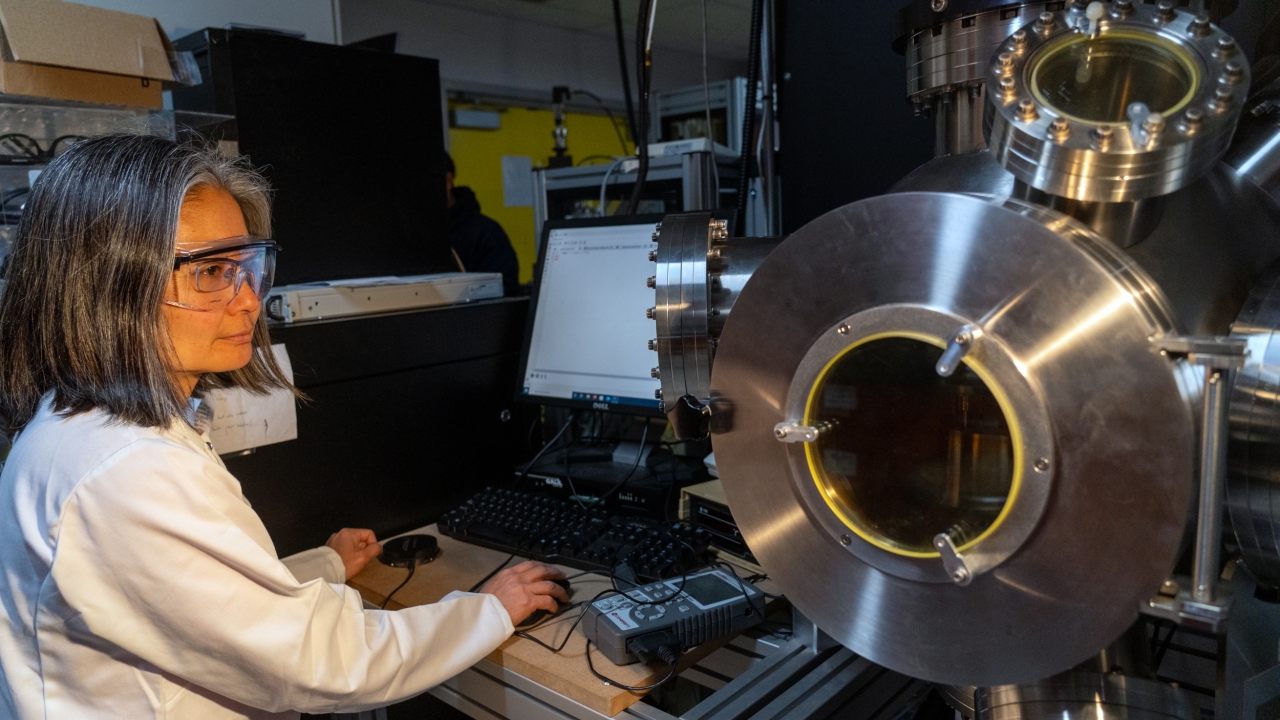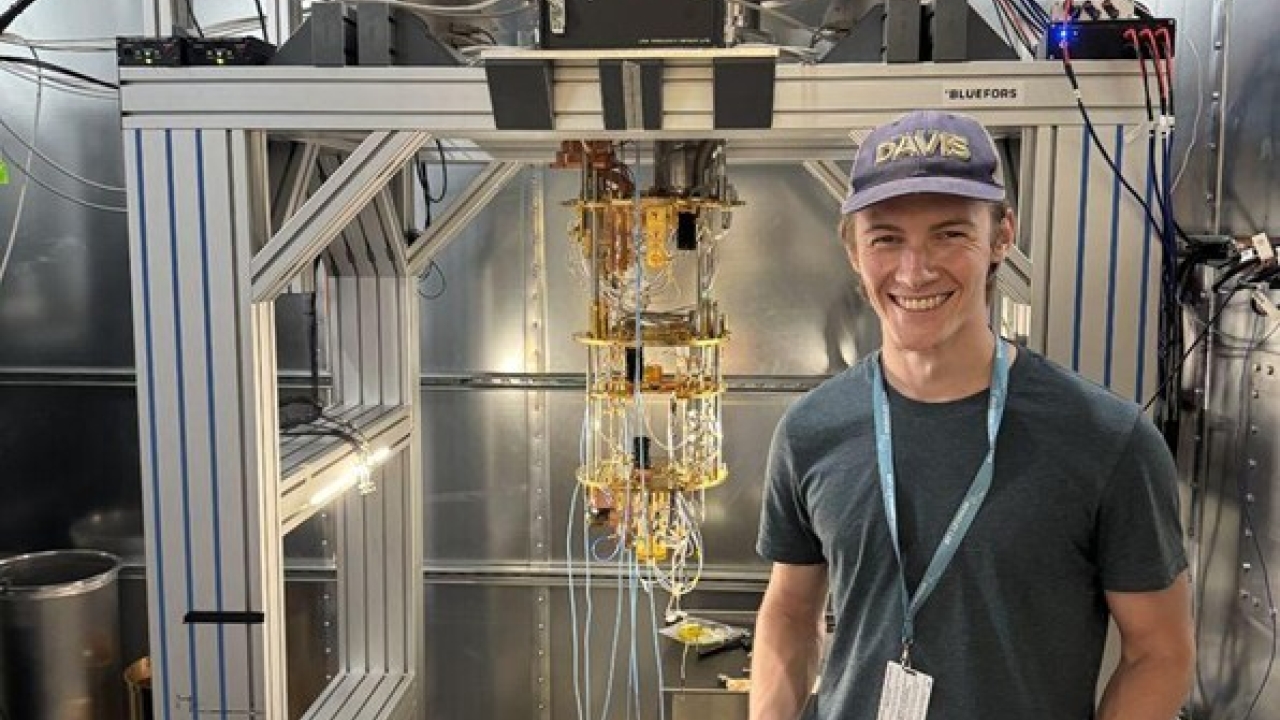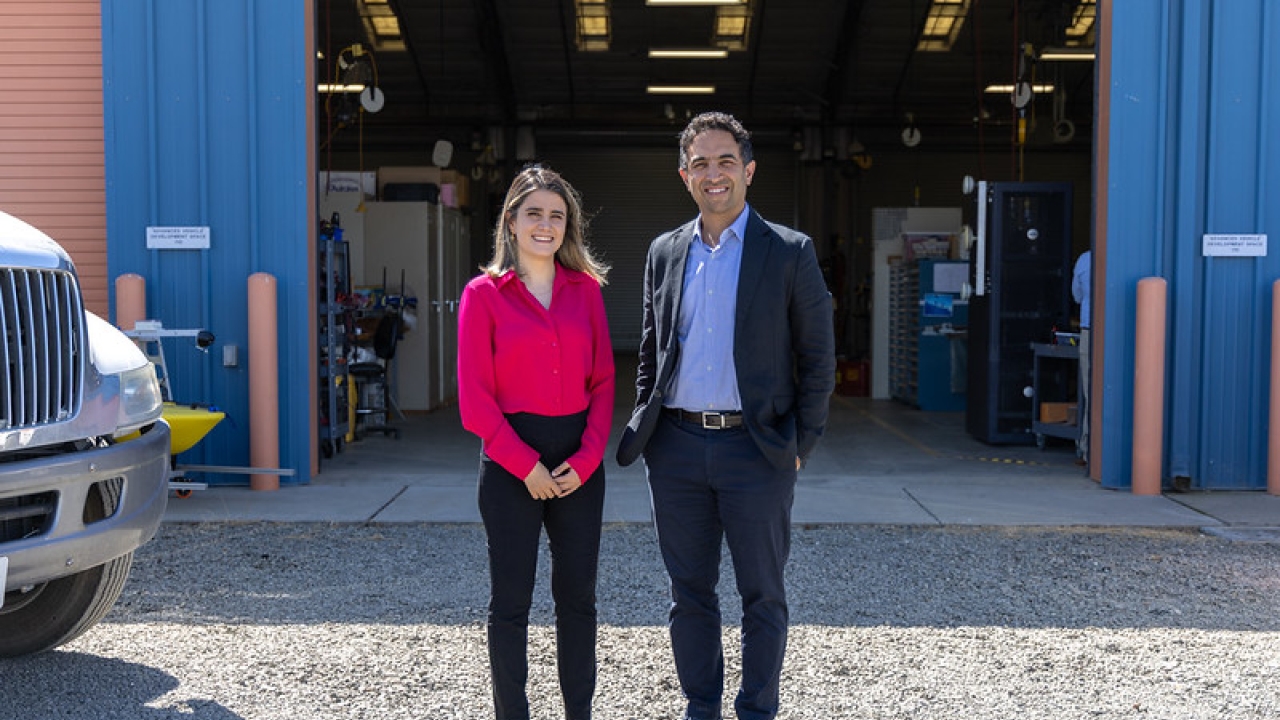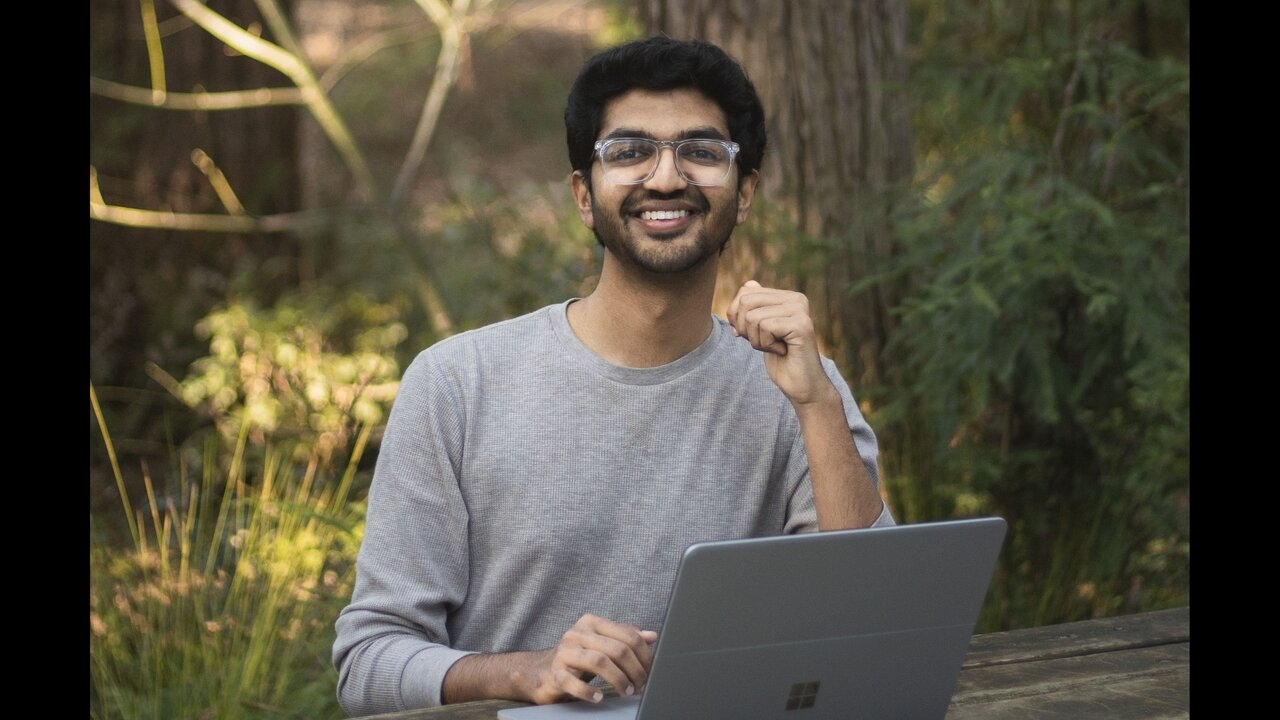
UC Davis Student Builds COVID-19 Vaccine Appointment Notification System to Increase Vaccinations in India
The online program addressed a technology gap during India’s virus surge this spring and summer
As the pandemic surged in spring 2021, third-year computer science major Shrey Sheladia used the programming skills he learned at UC Davis to help increase India’s vaccination rate. For four months, Sheladia ran an online notification program that helped more than 40,000 people in India receive COVID-19 vaccines by alerting them when a vaccine appointment was available.
At the time, finding a vaccine appointment in India was difficult. Appointments would open up on the Indian Ministry of Health’s website for just a minute or two before being booked, often by scalpers. This meant people either had to get lucky, spend days refreshing the page or pay for an otherwise free appointment.
Frustrated with the process and looking for something to do, Sheladia decided to write a program in Python that would check for available appointments. When an appointment became available, the program automatically sent him a message with details on the location, available capacity, age limit and which vaccines were available. Within a day, he was able to find an appointment for himself and his parents.
“People were waiting for weeks and checking every 5-10 minutes to try to get vaccines for their families, but the program made it pretty much instantaneous,” he said.
Sharing a solution
Sheladia was inspired by his childhood friends in medical school who were working on the front lines of the pandemic, and he felt compelled to use the program to help in his own way.
“I thought that if they’re doing this work to help people, why can’t I?” he said. “If they can go out every day and test patients and make sure they’re ok, why should I stay at home and waste my time? I had to do something that could help out.”
He sent the program to his family and friends, and it quickly snowballed through word-of-mouth. By the summer, people across his hometown of Ahmedabad and in Mumbai, Gandhinagar and Surat were using his notification system.
“I thought that making something that would have an impact would take time and that I would need a degree or a job,” he said. “I wasn’t expecting it to just happen without any notice.”
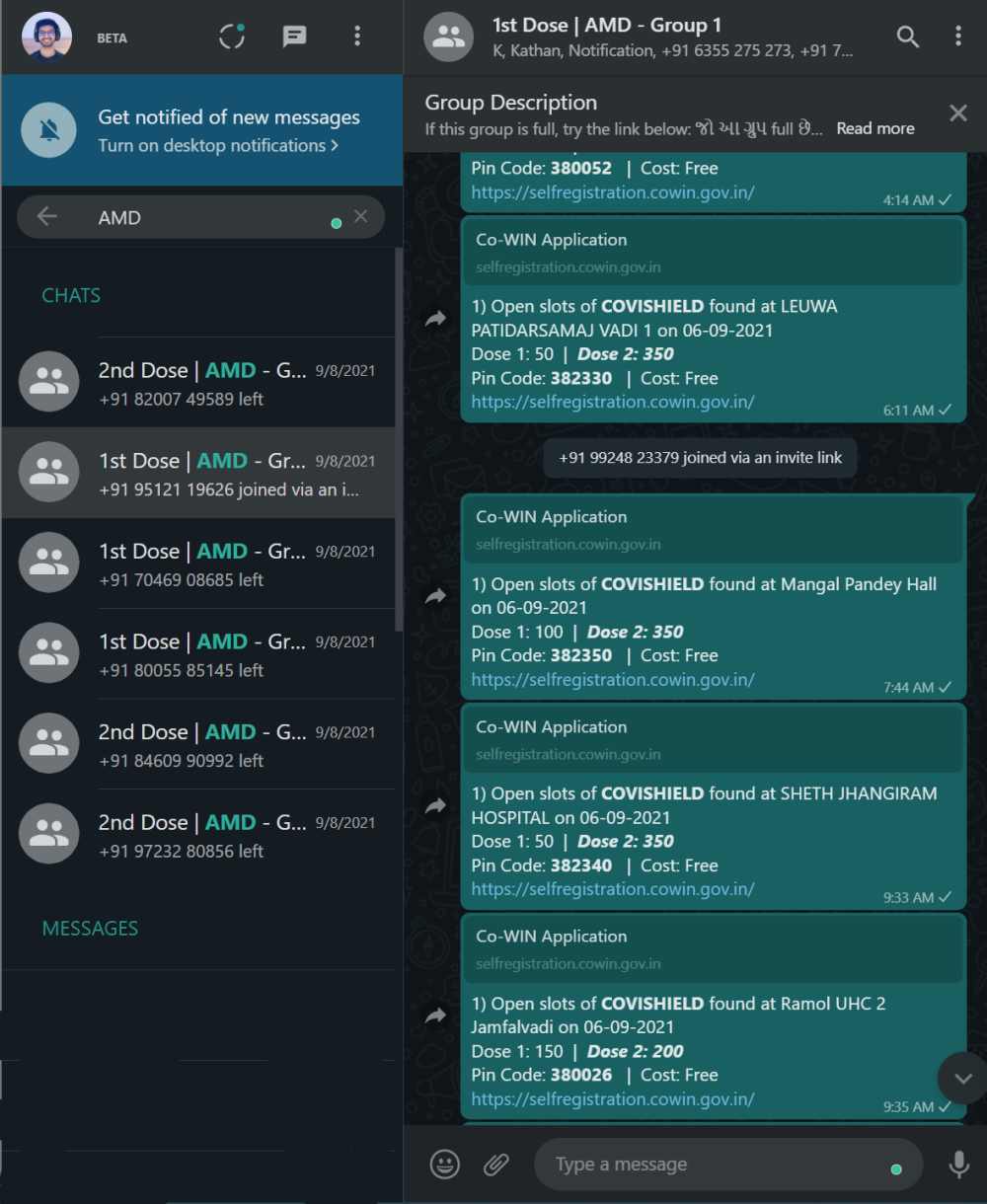
To manage the growing user base, Sheladia maintained 15 groups in WhatsApp, a commonly-used app in India. The program posted vaccine appointment information to 3-4 groups per city, reaching up to 3,000 people at a time.
Sheladia spent late nights making the adjustments needed to keep the program running and current with the Ministry of Health’s application programming interface (API), but the impact made it all worth it. Every day, he would receive 20-30 heartfelt messages thanking him and sharing their stories of getting vaccinated. He proudly shared them with his family and took the time to respond to each one personally.
“The reason I could keep it up was the messages people sent me,” he said. “I was just trying to get through the lockdown, but the program had a real impact, which is the best thing I could’ve hoped for. It felt nice to be a part of something that could help our people.”
Inspired by possibilities
Building the program wouldn’t have been possible without Sheladia’s experience at UC Davis. Starting college, he didn’t have much programming experience, but his Introduction to Programming (ECS 32A) instructor Kristian Stevens made him feel welcome and opened his eyes to the possibilities of computer science.
“There wasn’t a stigma if you didn’t have Python experience, and the way Professor Stevens explained each topic made me understand that there is a lot more I could do with the language,” he said. “He gave little nudges and [examples of] how you can use a functionality or a topic or a data structure in a real-world case.”
With Stevens’ inspiration, Sheladia started learning Python on his own and experimenting with the language. The vaccine appointment program was one of his experiments and, so far, the most successful.
With rising vaccination rates, more readily available vaccines and the Ministry of Health streamlining its process, Sheladia decided to retire the program in September. He’s excited about the future, though. Since returning to classes this fall, he’s continued to grow his skills and explore his interests in data science and data management as he looks for his next opportunity to make a difference.
“I learned that I can’t just wait for something to happen,” he said. “Everything is happening around you, and you have to notice when there is something you can work towards or solve to make some difference.”

